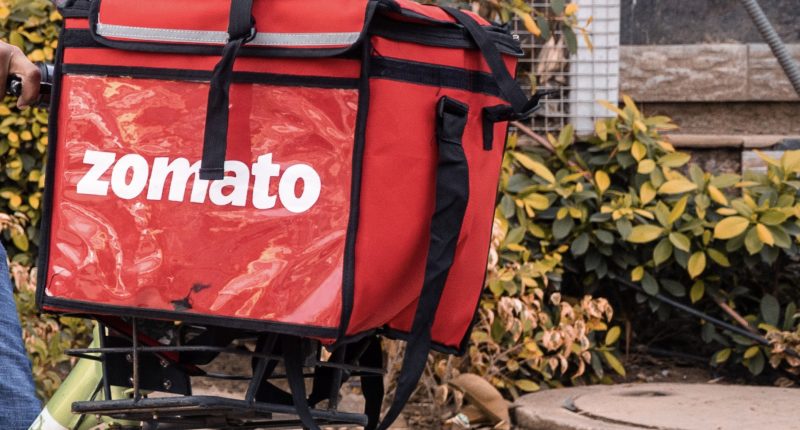Tiger Global is adding another handsome exit to its list of Indian startup exits. The firm wrapped up its latest exit in India this year by selling its remaining stake in Zomato for ₹1,123.85 crore through open market transactions. This exit marks the culmination of Tiger Global’s investment journey with Zomato, one of the largest players in India’s food delivery and restaurant discovery space. This also comes soon after SoftBank also sold shares in Zomato through block deals.
Tiger Global’s exit from Zomato involved the sale of approximately 12.35 crore shares, amounting to a 1.44% stake in the company, via a bulk deal on the Bombay Stock Exchange (BSE). To be precise, Tiger Global offloaded 123,486,408 equity shares at an average price of ₹91.01 per share. Despite this development, the stock price of Zomato climbed by 1.5% to ₹92.35 at the close of the trading day.
Several notable buyers participated in the share sale, acquiring the offloaded shares of Zomato. Societe Generale, Kotak, Axis Mutual Funds, Morgan Stanley Asia Singapore, and BNP Paribas Arbitrage were among the entities that acquired shares in this transaction. The divestment of the entirety of its stake thus marks the conclusion of Tiger Global’s investment relationship with the Indian food delivery aggregator.
Furthermore, DST Global followed Tiger’s example by divesting around 3.2 crore shares in Zomato for ₹288 crore (via its investment vehicle Apolleto Asia Ltd). These shares were sold at an average price of ₹90.10 per share.
The exit of Tiger Global from Zomato comes at a time when Zomato has experienced its best quarter in its short public listing history. For the first time, the Indian firm registered a consolidated net profit of ₹2 crore in the first quarter of the fiscal year 2023-24. This dramatic shift from a net loss of ₹186 crore during the same period the previous year further highlights the positive impact of operational improvements in the company’s food business, even at a time when the funding crunch and increasing investor caution have inconvenienced many a startup. Notably, the company’s food delivery margins escalated to 13.6%, contributing significantly to its profitability.
The Tech Portal is published by Blue Box Media Private Limited. Our investors have no influence over our reporting. Read our full Ownership and Funding Disclosure →






